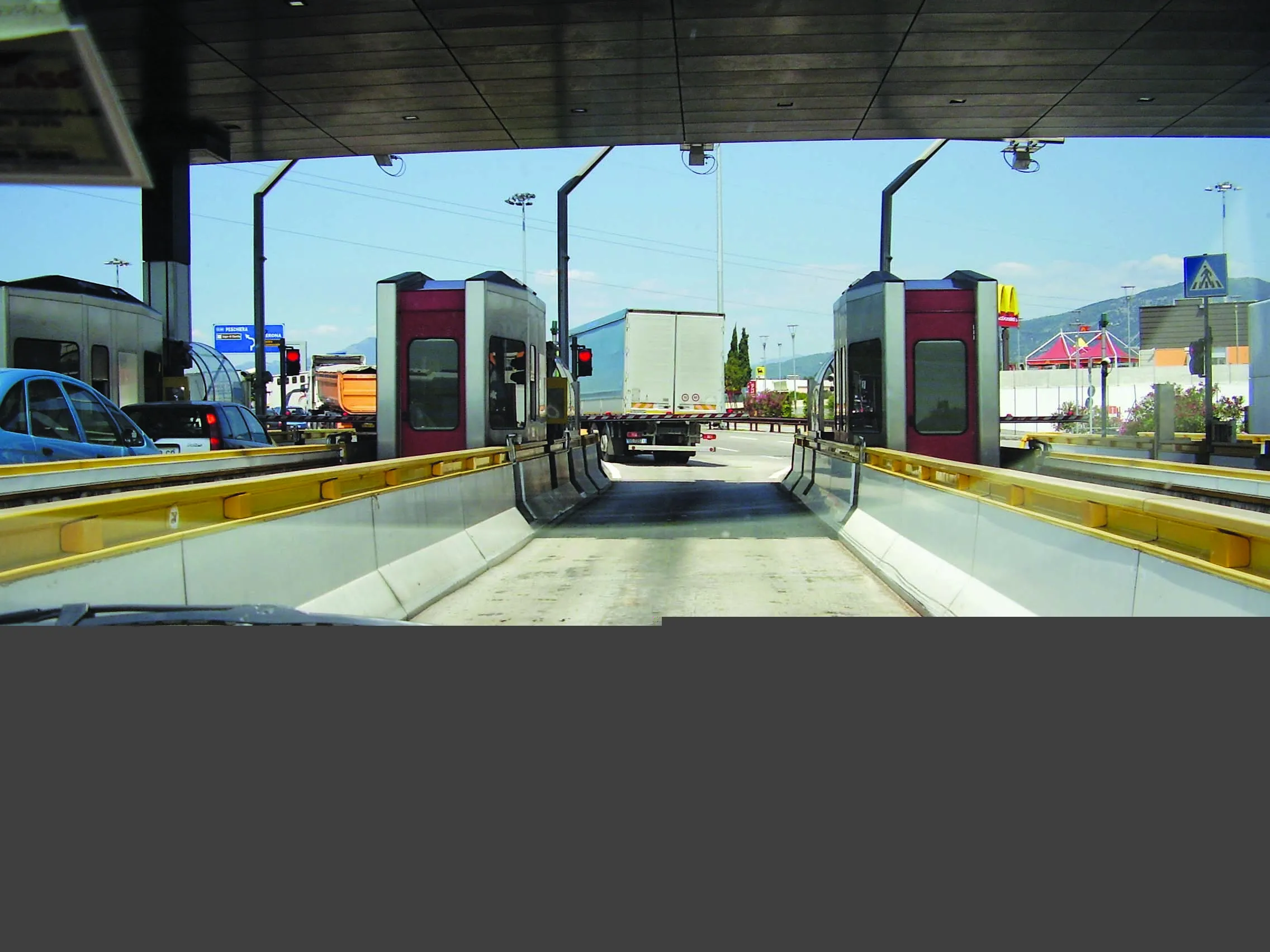Around 72,500 foreign drivers have already registered for the electronic toll payment system set up at motorways which connect to the Spanish border, according to Portuguese road agency (Estradas de Portugal-EP). Implemented on 1 July, 2012, the ‘Easy Toll’ system is a pre requirement to drive on SCUT motorways. Within the overall registration total, 30,961 have registered for the ‘Easy Toll’ on the A25 motorway, connecting Aveiro and Vila Formoso. Using a banking payment card, drivers can associate the cha
December 17, 2012
Read time: 1 min
Around 72,500 foreign drivers have already registered for the electronic toll payment system set up at motorways which connect to the Spanish border, according to Portuguese road agency (1410 Estradas de Portugal-EP).
Implemented on 1 July, 2012, the ‘Easy Toll’ system is a pre requirement to drive on SCUT motorways. Within the overall registration total, 30,961 have registered for the ‘Easy Toll’ on the A25 motorway, connecting Aveiro and Vila Formoso. Using a banking payment card, drivers can associate the charging system to the number plate of their vehicles. The operation is valid for one month and every time the car passes through a booth the fee is debited from the driver’s bank account.
Drivers can also buy the Toll Card which is pre-loaded with up to €40, but they need to activate and associate the card with their vehicle's number plate.
Implemented on 1 July, 2012, the ‘Easy Toll’ system is a pre requirement to drive on SCUT motorways. Within the overall registration total, 30,961 have registered for the ‘Easy Toll’ on the A25 motorway, connecting Aveiro and Vila Formoso. Using a banking payment card, drivers can associate the charging system to the number plate of their vehicles. The operation is valid for one month and every time the car passes through a booth the fee is debited from the driver’s bank account.
Drivers can also buy the Toll Card which is pre-loaded with up to €40, but they need to activate and associate the card with their vehicle's number plate.







